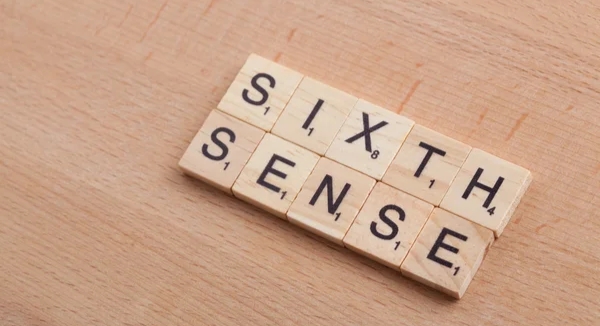
In today’s fast-paced world, we are often inundated with information, data, and expert opinions. Yet, amidst the noise, there remains an insatiable human tendency to rely on intuition—those gut feeling or hunches that guide us in various aspects of life. From career choices to personal relationships, our instincts often play a pivotal role in decision-making. When these hunches prove correct, it prompts a deeper reflection on the blend of reason and instinct that shapes our choices.
The Nature of Intuition
Intuition is an instinctive response to a situation or problem, an immediate feeling or impression that arises without conscious reasoning. It is often described as a “gut feeling” and can stem from number of sources, including personal experiences, subconscious pattern recognition, and emotional intelligence.
Research suggests that intuition can be particularly useful in complex scenarios where analytical thinking may falter. The brain is constantly processing information, and over time, it learns to recognize patterns and cues. This can lead to decisions that feel instinctive but are actually informed by accumulated knowledge, even if we aren’t consciously aware of it.
Trusting Your Instincts
While intuition can be a valuable asset, it’s essential to discern when to trust it and when to lean on analytical reasoning. Here are some guidelines to help navigate this delicate balance:
- Know Yourself: Understanding your own values, experiences, and biases can enhance your ability to read situations accurately. Self-awareness allows you to distinguish between a genuine intuition and a reaction based on fear or preconceived notions.
- Reflect on Past Experiences: Consider times when your hunch has led you down the right path. Reflecting on these successes can reinforce your confidence in your instincts. It can also help you identify the conditions that made those hunches right.
- Educate Your Gut: The more knowledge and experience you acquire in a particular field, the more reliable your intuition becomes. Exposure to various outcomes helps your brain make more informed ‘gut’ decisions.
- Stay Calm: High-stress situations can cloud judgment, leading to impulsive decisions that might not align with your true intuition. Take a breath, step back, and give yourself time to process the situation before acting on a hunch.
- Seek Balance: Use intuition in conjunction with rational thought. Consider the data available, solicit perspectives from trusted advisors, and weigh your options. This holistic approach combines the best of both worlds.
Cases When Intuition Proves Right
- Career Decisions: Many professionals have experienced moments when a gut feeling about a career move led them to success. Whether it was accepting a job offer or choosing a particular project, trusting that instinct can often yield surprising rewards.
- Personal Relationships: In relationships, intuition can guide choices about whom to trust or distance oneself from. Often, a hunch about someone’s character or intentions can alert us to potential issues before they become apparent.
- Creative Endeavors: Artists and writers frequently rely on intuition to guide their creative processes. When their instincts align with their work, the results can be profoundly resonant and impactful.
- Entrepreneurship: Successful entrepreneurs often cite intuition as a key factor in identifying trends and opportunities that may not yet be evident to others. Their ability to sense what others cannot can lead to groundbreaking innovations.
When your hunch is right, it’s not just a stroke of luck; it’s a testament to the power of intuition honed through experience and self-awareness. In a world that increasingly values data-driven decision-making, the ability to recognize and trust our instincts can provide a significant advantage. As we navigate the complexities of life, finding harmony between intuition and analytical reasoning can help us make more profound and authentic choices. So the next time you have a gut feeling, remember to listen—it just might lead you to where you need to be.

